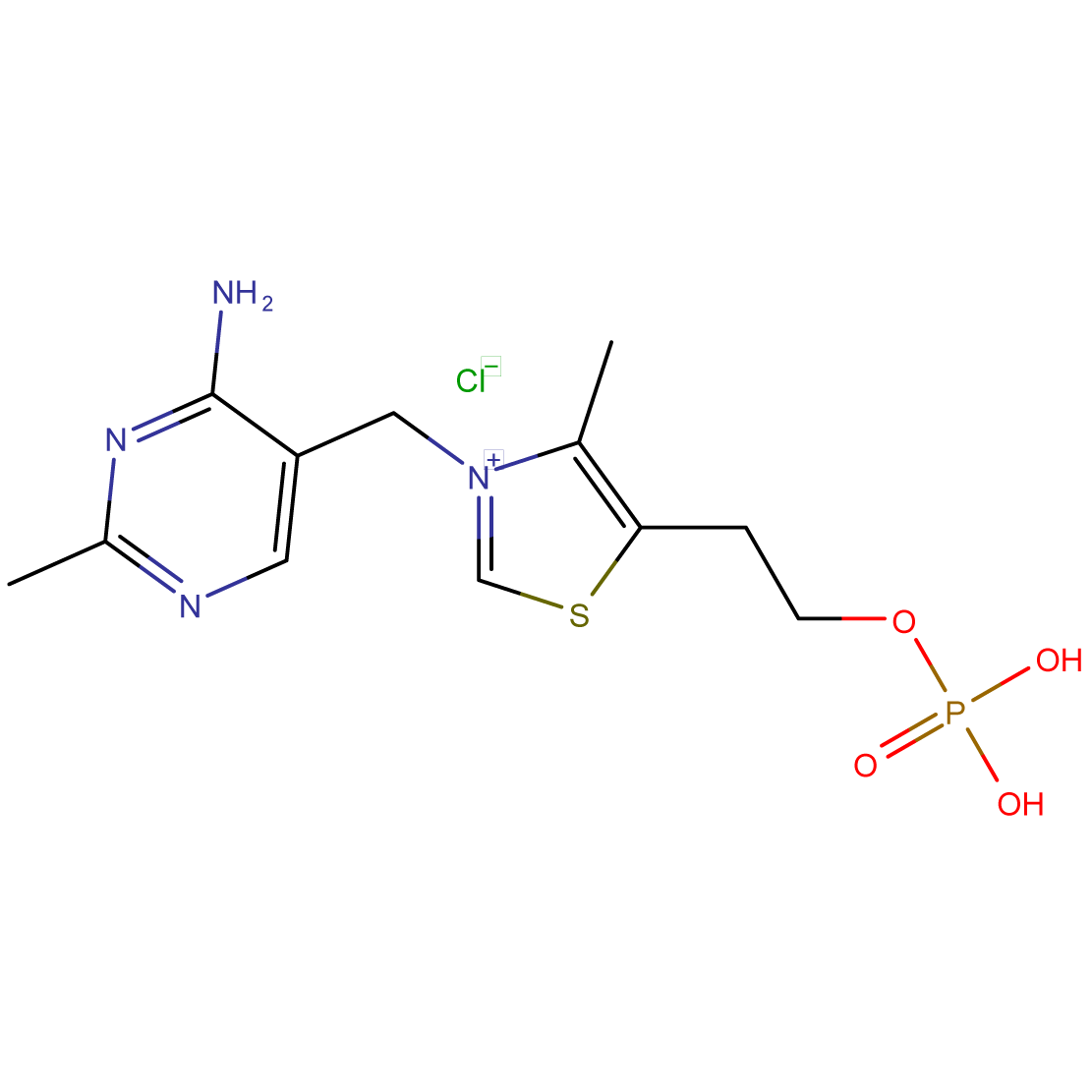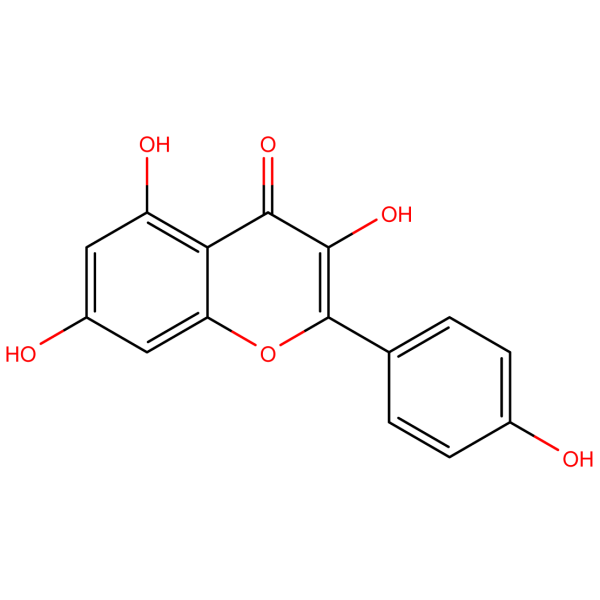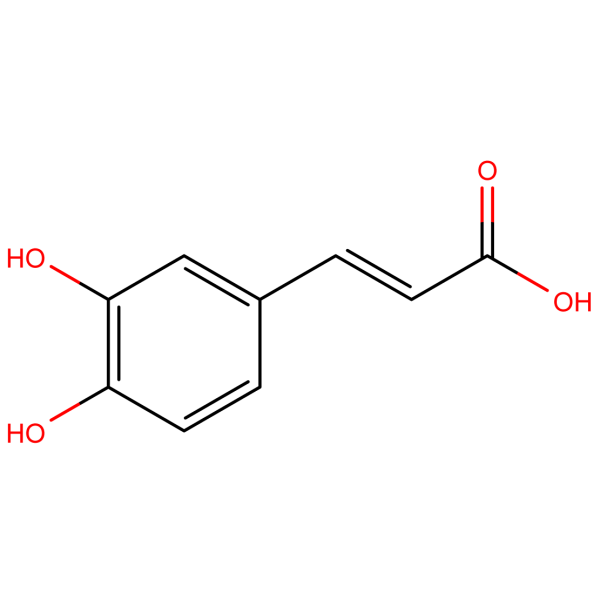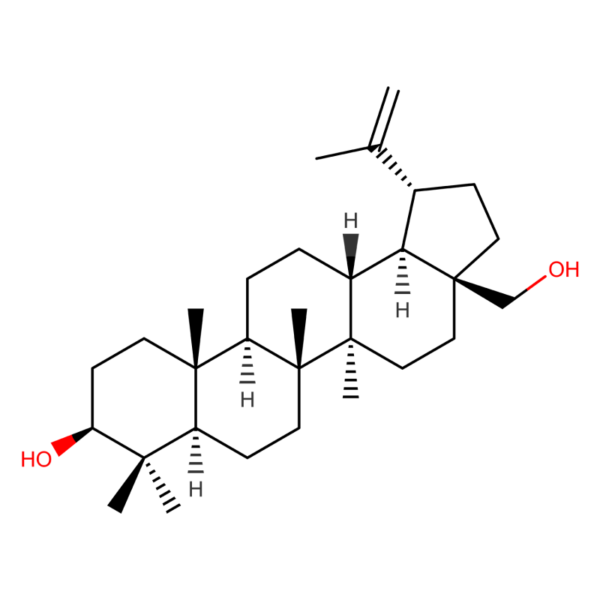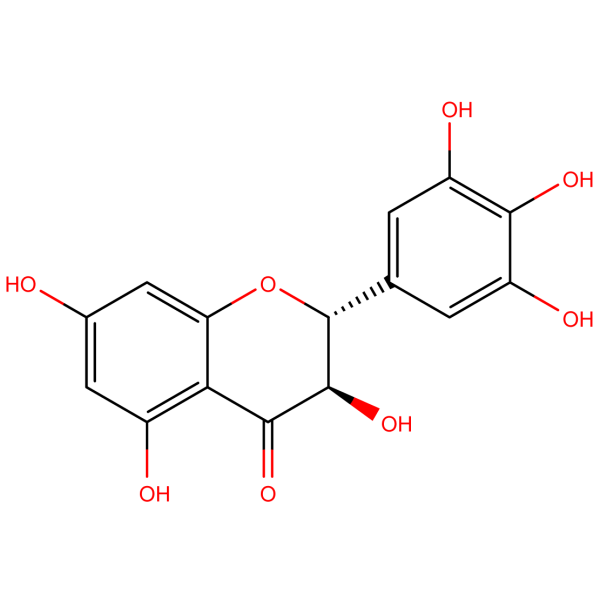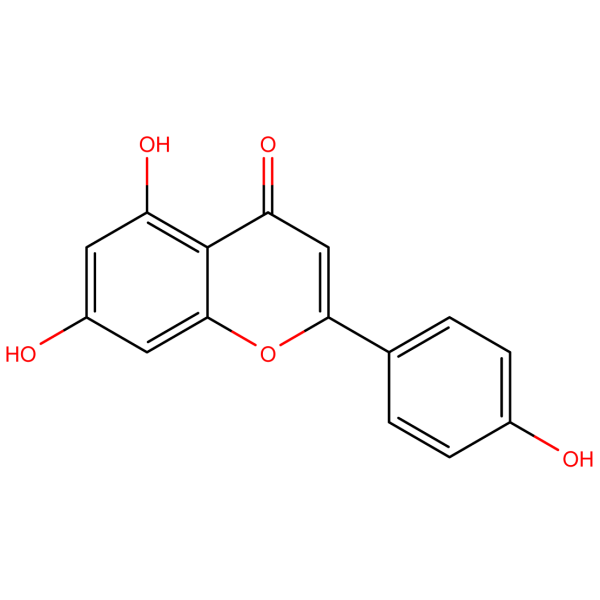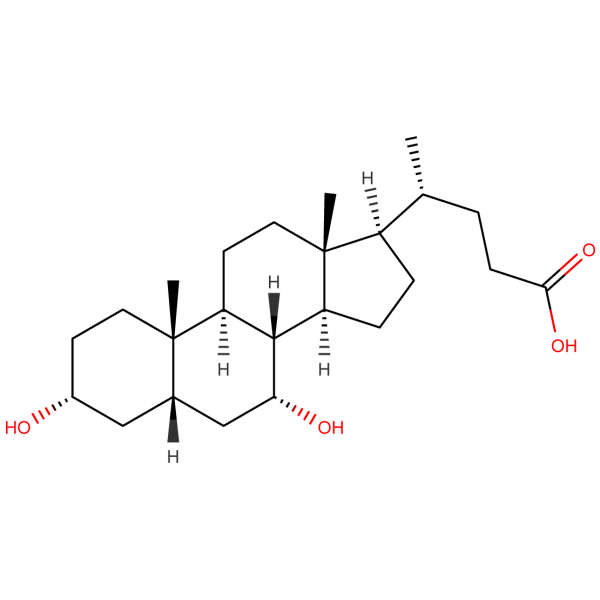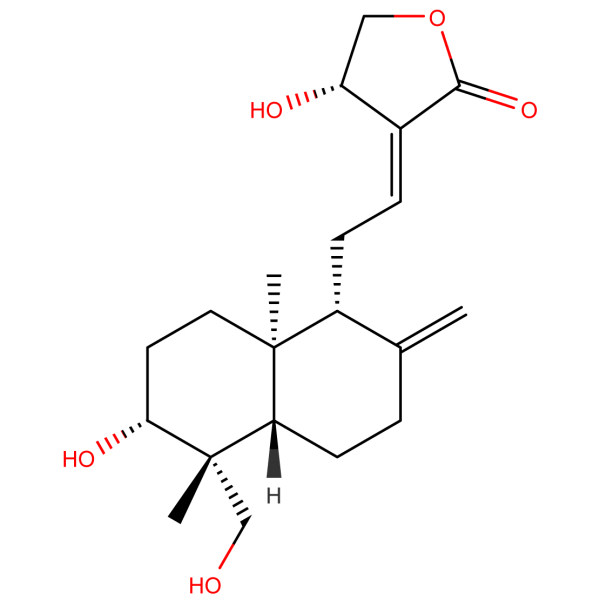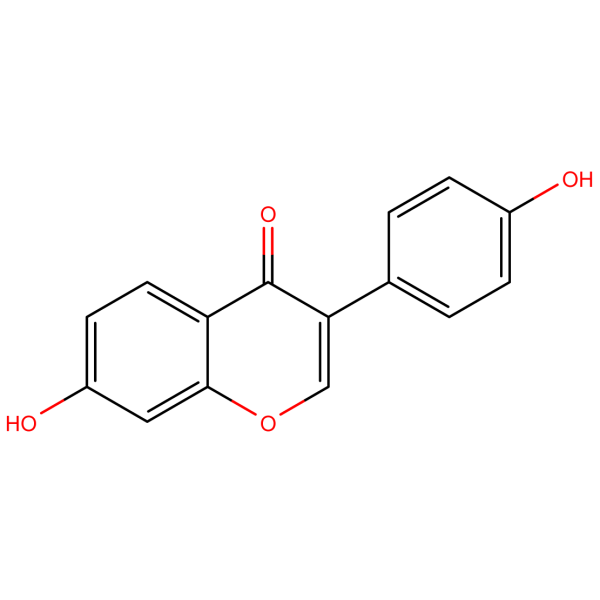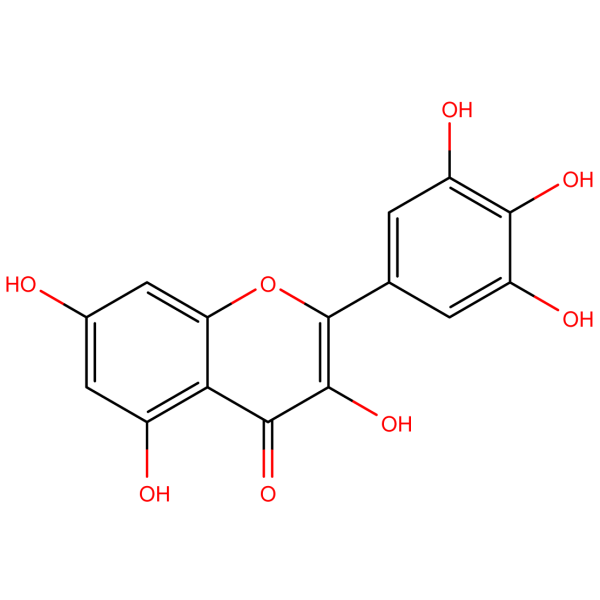Thiamine Monophosphate Chloride Dihydrate: Essential Vitamin B1 Derivative for Advanced Metabolic Research
1. Molecular Identity
- Chemical Name: 3-[(4-Amino-2-methyl-5-pyrimidinyl)methyl]-5-(2-hydroxyethyl)-4-methylthiazolium chloride phosphate ester dihydrate
- CAS Number: 273724-21-3
- Source: Synthetically produced derivative of thiamine (Vitamin B1)
2. Biochemical Significance
Thiamine Monophosphate Chloride Dihydrate is a crucial intermediate in thiamine metabolism. Its unique structure as a phosphorylated form of thiamine makes it a compound of significant interest in nutritional biochemistry and neurological research.
3. Key Properties of Thiamine Monophosphate Chloride Dihydrate
- Metabolic Precursor: Acts as an intermediate in the synthesis of thiamine pyrophosphate
- Neurological Function: Plays a role in nerve impulse transmission
- Carbohydrate Metabolism: Involved in energy production from carbohydrates
- Stability: Offers improved stability compared to free thiamine
4. Potential Research Applications
- Neurodegenerative disorder studies
- Metabolic pathway investigations
- Nutritional deficiency research
- Cellular energy metabolism studies
5. Current Research Focus
Ongoing studies are investigating Thiamine Monophosphate Chloride Dihydrate’s effects on:
- Alzheimer’s disease and cognitive function
- Glucose metabolism in diabetes
- Mitochondrial function and energy production
- Wernicke-Korsakoff syndrome and alcohol-related neurological disorders
6. Formulation Challenges and Innovations
Researchers are actively working on:
- Enhancing cellular uptake and bioavailability
- Developing stable formulations for various research applications
- Creating targeted delivery systems for neurological applications
7. Regulatory Considerations
Thiamine Monophosphate Chloride Dihydrate (CAS 273724-21-3) is primarily used in research settings. Its development for specific therapeutic applications would require comprehensive safety and efficacy evaluations to meet regulatory standards.
8. Future Research Directions
The scientific community anticipates:
- Advanced studies on its role in neurological disorders
- Exploration of its potential in metabolic syndrome treatment
- Investigation of its interactions with other B-complex vitamins
9. Collaborative Opportunities
We invite neurologists, biochemists, nutritionists, and academic institutions to explore the research potential of Thiamine Monophosphate Chloride Dihydrate. For inquiries, collaborations, or to discuss how this compound can benefit your research projects, please contact us at sales@nstchemicals.com.
Join us in advancing biomedical research with Thiamine Monophosphate Chloride Dihydrate – a key vitamin B1 derivative at the intersection of neurological and metabolic studies.

